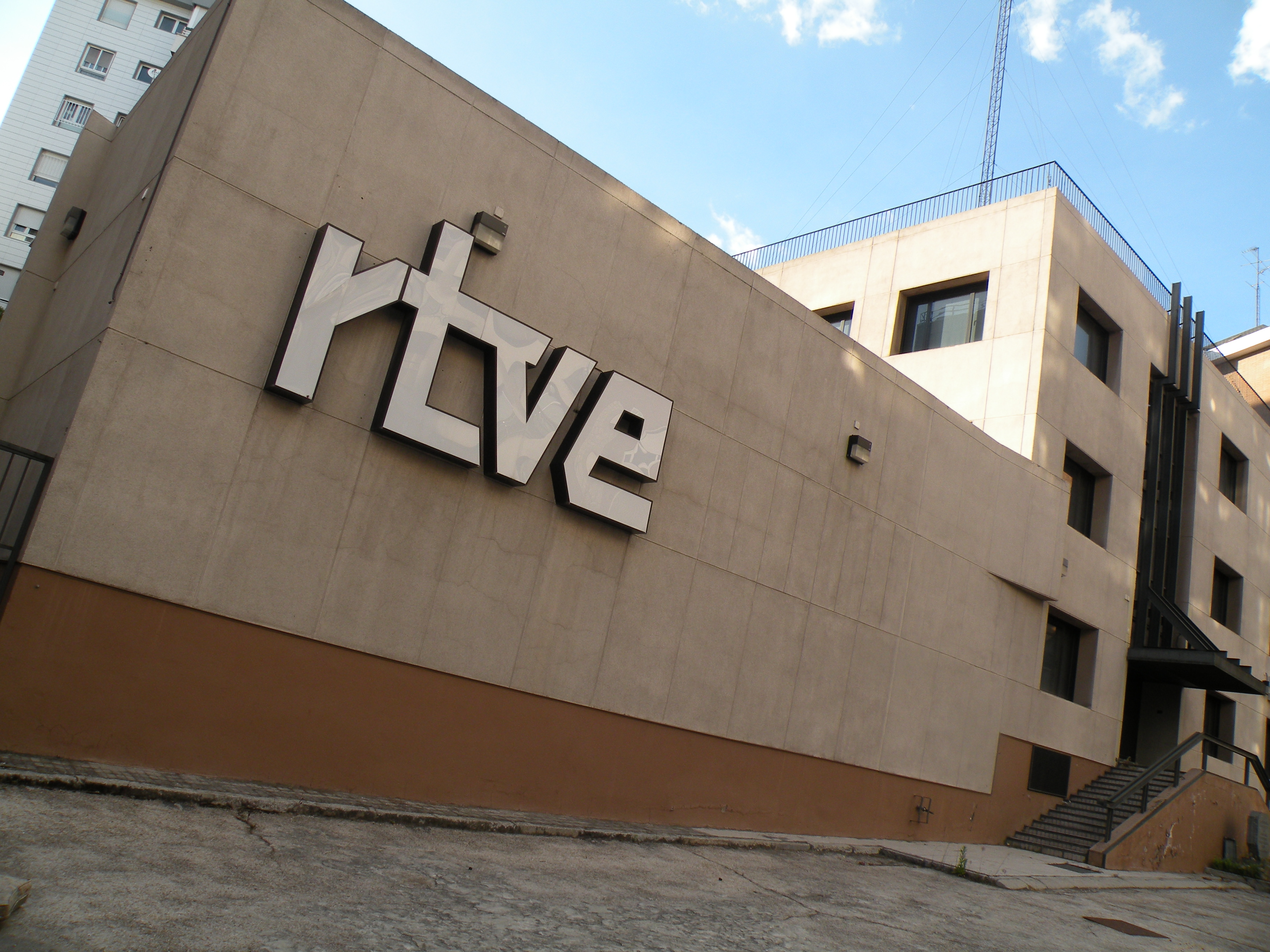In a new challenging political climate, journalists in Spain advocate for a new way of organising and looking at public media.

In the midst of the new political elections and the most recent political situation, the Corporation de Radio y Television Espanola (RTVE) is at the centre of discussion and controversy. Many journalists and professionals in the sector point out at the political control, the loss of reputation and transparency that Spanish public media has suffered over the last few years. Looking at international models of public media, such as the BBC and CBC, journalists and professionals in the sector call for a transformation that can change Spanish public media for the better.
Miguel Álvarez, media professor at Public University and responsible for Media Politics of Podemos, calls for a process of desgubernamentaización (literally, de-governmentalization) for RTVE. This is essentially a transformation of the current system that is largely controlled by the government and political power. The de-governmentalization is thus seen as a way to ensure that public media improves and maintains pluralism, guarantees better levels of transparency and participation, and becomes more relevant and reliable in the challenging and dynamic digital space without any major political interference. As the author writes, “it’s not only a question of justice, but survival.”
Many experts believe that at the heart of this transformation – the most concrete step towards independence – is to reform the way the director is appointed. There are currently two main proposals as to how this election could take place.
The first one is to ask for the two thirds of the Congress’ majority. This would avoid that the candidate is actually a “party candidate”, but would also facilitate political control. Through this strategy, indeed, the People’s Party (Partido Popular, PP) managed to keep RTVE without a president between 2011 and 2012. Podemos, however, proposes another method, following what Álvarez calls the “BBC Model”. According to this method, the president should be appointed through a public competitive examination based on merits and proposed future plans for the organisation.
The two thirds proposal, would not be successful to ensure a good public media service, because it is more focused on numbers, rather than the reform itself. In addition, the elections following two thirds majority could make the PP maintain and prolongate its control on RTVE. Thus, it would perhaps be easier to agree on actions rather than individuals, especially when it comes to a public contest that should be fair and transparent.
This transformation would thus allow the “unbreathable climate” within the sector, to become more livable and thrive. More than anything though, it could be a way for citizens to envision public media as a valid instrument to participate in politics, to access a debate and express cultural diversity.